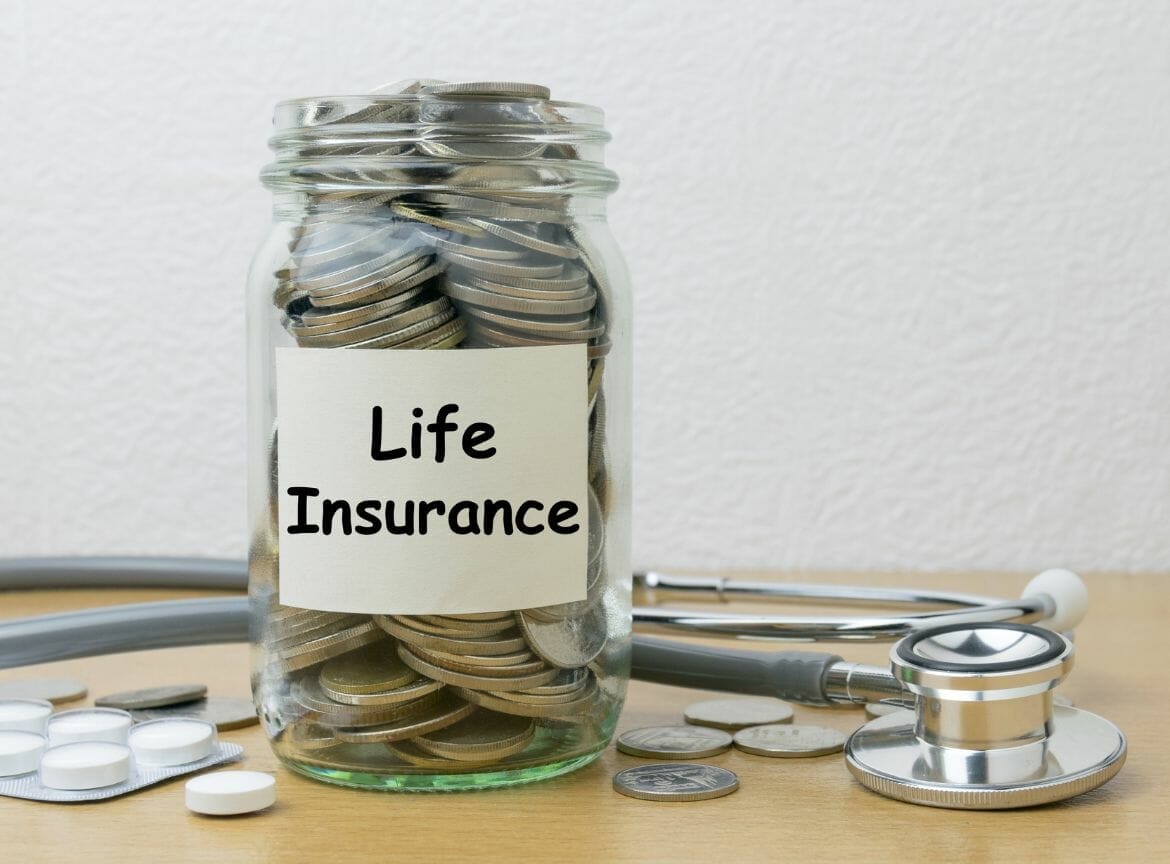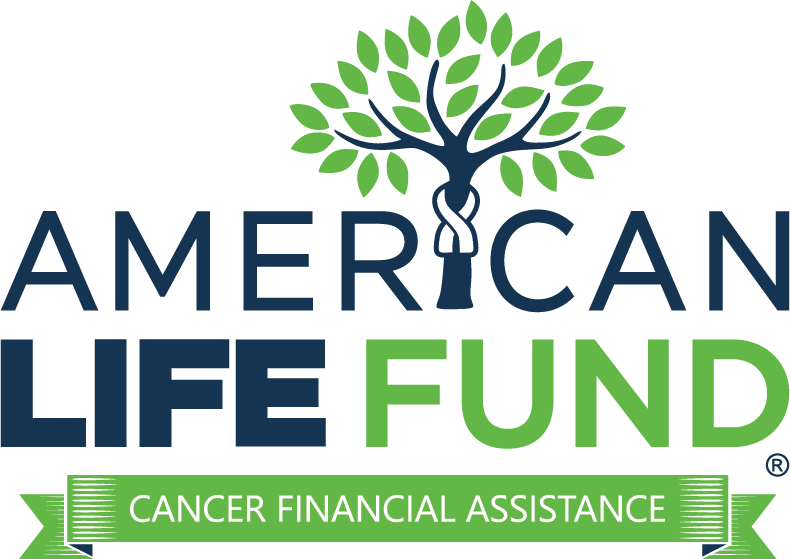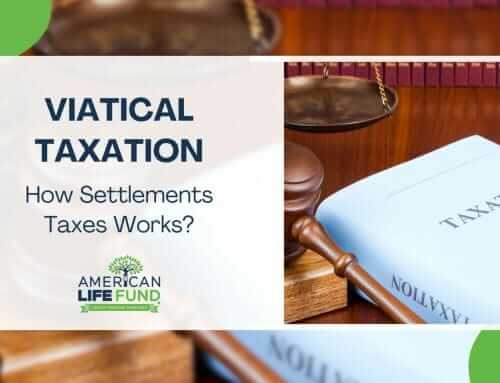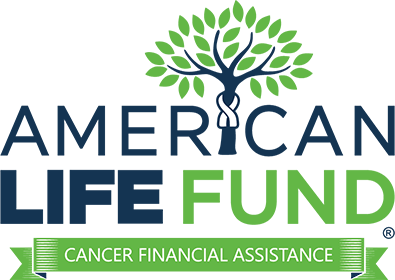Need cash out? Your life insurance policy can help. By taking a loan against it, withdrawing premiums, surrendering it for cash, or selling it through a life or viatical settlement, you can get the financial support you need now. Loans and withdrawals reduce the death benefit while surrendering end coverage. Life settlements offer more than the cash value, and viatical settlements are ideal for serious illnesses. These options provide immediate relief, but remember to consider future impacts. Consult a financial advisor to make the best decision for your situation. Explore how your life insurance can work for you today.
>>MORE Can You Sell Your Life Insurance Policy?

What Is Cashing Out A Life Insurance Policy?
Cashing out a life insurance policy is the process by which policyholders are able to access money from their policies early.
Generally, the purpose of life insurance is to provide an end of life payout to beneficiaries upon the policyholder’s passing. However, cashing out on a policy early allows the policyholder themself to be able to access some of their own funds.
You can cash out any type of policy.
Reasons For Cashing Out Life Insurance Early
There are various reasons why individuals may consider cashing out their life insurance policies early. Some common scenarios include:
Financial Hardship and Life Insurance Cash Value
In times of financial hardship, individuals may require immediate funds to cover medical expenses, debt payments, or other urgent financial obligations. Cashing out a life insurance policy can provide a lump sum that can help alleviate the immediate financial burden.
Shifting Financial Priorities: Accessing Life Insurance Funds
As life circumstances change, your financial priorities may shift. You might find that the funds tied up in your life insurance policy could be better utilized in other investments or to address pressing financial needs, such as starting a business, purchasing a home, or funding your child’s education.
Dealing with Unaffordable Premiums by Cashing Out
In some cases, policyholders may find it challenging to keep up with the premium payments for their life insurance policies. Cashing out the policy can be an alternative solution to avoid policy lapse and loss of coverage.
Cashing Out vs. Cashing In Life Insurance policies
Even though the terms are different, “cashing out” and “cashing in” both refer to the same process of accessing funds, or pulling money from life insurance policies early, before the policyholder’s death.

How to Cash in Life Insurance Early
If you’re hoping to cash in your life insurance policy early, you have a few different options available to you.
Life Insurance Policy Loans
Can you borrow against life insurance? Yes! This option is also commonly referred to as borrowing against your policy.
When you borrow against life insurance, this allows you access to “loaned” funds from your overall life insurance policy. Just be aware that you’ll have to repay the life insurance policy loan with interest before your passing, or the amount will be subtracted from the policy’s death benefit.
When you borrow money against your policy can be a risky move, because if the policyholder passes before the loan amount is able to be fully paid off, the death benefit is reduced by the amount remaining on the loan, plus any interest that has accrued on top of that.
Borrowing against your policy’s cash is only possible with a whole life or permanent policy, not with a term life policy.

Life Insurance Withdrawal
Cashing in life insurance policy before death is one option. If you have a permanent life insurance policy specifically, you may be able to withdraw a limited amount of funds from it.
Typically, you can withdraw up to as much as you’ve already paid in premiums, without having to pay income tax on a life insurance withdrawal. However, if you surpass this amount, you will indeed have to pay taxes on those additional funds borrowed.
Your insurance company will effectively subtract the amount you withdraw from the death benefit that your beneficiaries receive after your passing.
Also note that if you attempt to withdraw all of the funds from your policy, you will effectively cancel it.
Life Insurance Surrender
Surrendering your life insurance policy means you’re giving it up. More specifically, you agree to settle for the cash surrender value, which is less than the face-value of the policy. By agreeing to surrender your policy in exchange for the cash surrender value, you’re no longer entitled to the death benefit.
When you agree to surrender your policy, a certain amount is taxable. You should also be careful of canceling a policy too early. Many permanent life insurance policies have a surrender period in which the life insurance company will keep part of your payout as a penalty for canceling early. Make sure to understand your surrender period before taking this option.
Life Settlement
There are two options when it comes to cashing out your life insurance policy through a settlement: a life settlement or a viatical settlement.
Each settlement type has its own unique qualifiers, which we will explore thoroughly later on in this article. Withdrawing money from life insurance is a big decision and should be well thought out before making the final choice.

Getting Cash Out Of Your Life Insurance Through Living Benefits
Cashing out life insurance before death is a big decision. Life insurance is generally associated with the death benefit it provides; however, some life insurance policies also come with certain living benefits.
As the name implies, living benefits can be accessed by the policyholder, as needed, while they are still living. But keep in mind that living benefits are reserved specifically for those with a qualifying event, including being diagnosed with a chronic illness, or needing long-term care, etc.
Through living benefits, policyholders can expect to receive up to 50% of the amount of their life insurance’s death benefit. This money is intended to assist with the costs of medical care needs.
Importantly, a living benefit is essentially the same thing as borrowing against your policy (also known as a loan). Therefore, there is interest on the amount received, and if the money “borrowed” goes unpaid, it—along with any accrued interest— will be deducted from the death benefit amount. Life insurance with a cash out option can help to stabilize rocky situations.
Chronic Illness Benefit
Cashing out a life insurance policy can sometimes seem like your only option at delicate times. The chronic illness benefit is reserved for those suffering from a chronic illness that has caused them to rely on the help of another individual for 2 or more basic, everyday tasks, including any of the following: eating, using the bathroom, bathing, getting dressed, etc.
Life-threatening Illness Benefit
Cashing in a life insurance policy before death can allow a family to enjoy more precious moments together. The life-threatening illness benefit is typically reserved for those with a diagnosed life expectancy of 12 months or less.
Long-term Care Benefit
Taking money out of life insurance is sometimes necessary. The long-term care benefit is reserved for individuals requiring the aid of long-term care, such as assisted living.
>>MORE The Difference Between Viatical Settlements VS Life Settlements

Cash Out Life Insurance Before Death Through A Settlement
Eligibility
Specific eligibility requirements vary depending on the type of settlement you’re using to cash out your life insurance policy. However, both life settlements and viatical settlements typically require the individual to have had their current life insurance policy for a minimum of 2 years, and the policy must also have a face-value of $150,000 or more.
Life Settlement
A life settlement takes place when a life insurance policyholder sells their policy to a third-party buyer (the life settlement company), in exchange for a one-time cash payout.
Taking money out of a life insurance policy sometimes seems like the only option. The payment from a life settlement is generally more than the cash value for surrendering the policy, but less than the actual death benefit. The life settlement company who has purchased your policy then takes over the monthly premium payments in exchange for becoming the new beneficiary of the death benefit.
Life settlements differ from viatical settlements in that they usually involve a relatively healthy, senior-aged individual. Typically, policyholders who qualify for a life settlement are at least 75 years of age.
If you are a Federal Employee and have been looking for a way to sell your Federal Employee Group Life Insurance policy, or FEGLI policy, check out our blog post How to Sell a Federal Employee Group Life Insurance Policy.
Viatical Settlement
A viatical settlement is similar in concept to a life settlement, but with a few key differences, such as how you qualify.
In order to qualify for a viatical settlement, the seller must be diagnosed with a life-threatening illness or chronic condition that has led to a decreased life expectancy.
Like with life settlements, a viatical settlement contract is a written agreement that establishes the viatical settlement provider as the new beneficiary of the death benefit, in exchange for a lump-sum payment to the policyholder. The viatical settlement company then agrees to take over paying for the policy premiums.
Viatical settlements provide a big advantage over life settlements, in that all the money from a viatical settlement is tax-free. Additionally, there are no limits whatsoever on how a seller can spend their settlement. While funds are often used to cover medical expenses, there’s nothing stopping a seller from spending the money on personal items or experiences they may want, in order to increase their quality of life.
To see how a settlement works and if your current life insurance policy qualifies for a viatical settlement, contact us at American Life Fund for a free consultation.

Cashing Out a Life Insurance Policy Frequently Asked Questions
Can You Cash Out A Term Life Insurance Policy?
Unfortunately cashing in Term Life insurance is not an option as Term Life Insurance policies are not eligible for cash out. Because they only provide coverage for a limited time, or term, they do not accumulate value. However, you may be able to convert your current term life policy into another type of permanent life insurance policy. Converting your policy isn’t always an option, so be sure to check if your specific policy qualifies. Term life insurance cash outs may not be possible but there is always another option!
Should You Cash Out Your Life Insurance Before Death?
Cashing out life insurance early can be a blessing. If you currently own a life insurance policy and are looking to get your hands on cash now, you may want to consider one of the options for cashing out your policy early. As always, you should do your research and assess your unique needs/situation, in order to settle on the cash out option that makes the most sense for you personally.
How Much Can I Withdraw From my Life Insurance Before Death?
Cashing in life insurance before death needs some careful consideration. Typically, you can withdraw up to as much as you’ve already paid in premiums, without having to pay income tax on the life insurance withdrawal. However, if you surpass this amount, you will indeed have to pay taxes on those additional funds borrowed.
Cashing in life insurance policies before death is a big decision, so make sure you have researched all your options before making a choice. At American Life Fund, we are always here to help advise or inform you of any situations that may be complicated. Do not hesitate to contact us!

Can I Use a Home Equity Loan Instead of Cashing Out Life Insurance?
Yes, a home equity loan allows you to borrow against the equity in your home, which can be an alternative to cashing out your life insurance. However, this option involves using your home as collateral, whereas life insurance options like loans or settlements do not. It’s important to compare the interest rates and long-term impacts of both options.
Does Cashing Out Affect My Life Insurance Coverage?
Yes, cashing out life insurance can reduce or even eliminate your coverage. For example, loans and withdrawals reduce the death benefit, while surrendering the policy cancels coverage altogether. Always review how much of your life insurance coverage will be impacted before making a decision.
Can I Cash Out a Universal Life Insurance Policy?
Yes, universal life insurance policies typically accumulate a cash value, allowing you to borrow or withdraw funds. However, it’s important to understand that taking out money will reduce the policy’s cash value and death benefit. Check with your insurance provider to understand the specific rules and penalties.
Should I Get a Personal Loan Instead of Cashing Out Life Insurance?
A personal loan can be a good alternative if you’re not ready to reduce your life insurance coverage. Personal loans are unsecured, meaning you don’t need to put up collateral like a home or life insurance policy. However, interest rates and terms may vary, so compare them against life insurance loans or settlements before deciding.

Suggested Further Reading
- How Can I Borrow Money From My Life Insurance Policy?
- Can I Withdraw Money From My Life Insurance?
- Cash Value vs. Surrender Value: What’s the Difference?
- Using Life Insurance to Pay for Long-Term Care: Tips for Seniors to Free Up Cash
Depending on the severity of your situation, cashing in a life insurance policy early could seem like an attractive option. There are plenty of ways to make money from your life insurance policy. Just be careful to pick the one that best fits you and your family’s needs.





